Welcome to issue 101 of the Call to Comms!
This week, we met Mrs. Harilala, a teacher who tutors students at the IT CUP center in Madagascar. The IT CUP center is a cyber center where TSF provides access to digital tools and resources, as well as workshops and events centered around technology, digital literacy, and so on. She explained how the center and digital resources help students and teachers.
A Teacher’s Experience in TSF’s Digital Inclusion Center
“I started at the same time as the creation of this activity. Looking back over the past 10 years, I can see that this initiative has evolved considerably.
“I've noticed that students are really enjoying the benefits of this activity. More and more of them are taking part in it, especially those who have difficulty understanding at school.”
Initially, we were based at the commune, with very little equipment. Tablets were in short supply, and workspaces were limited. But today, having moved to our new, larger premises, we have several rooms and more equipment. As for the teachers, they've stayed the same. This has led to better organization, as students can now be grouped by subject in dedicated rooms, facilitating their follow-up and our support.
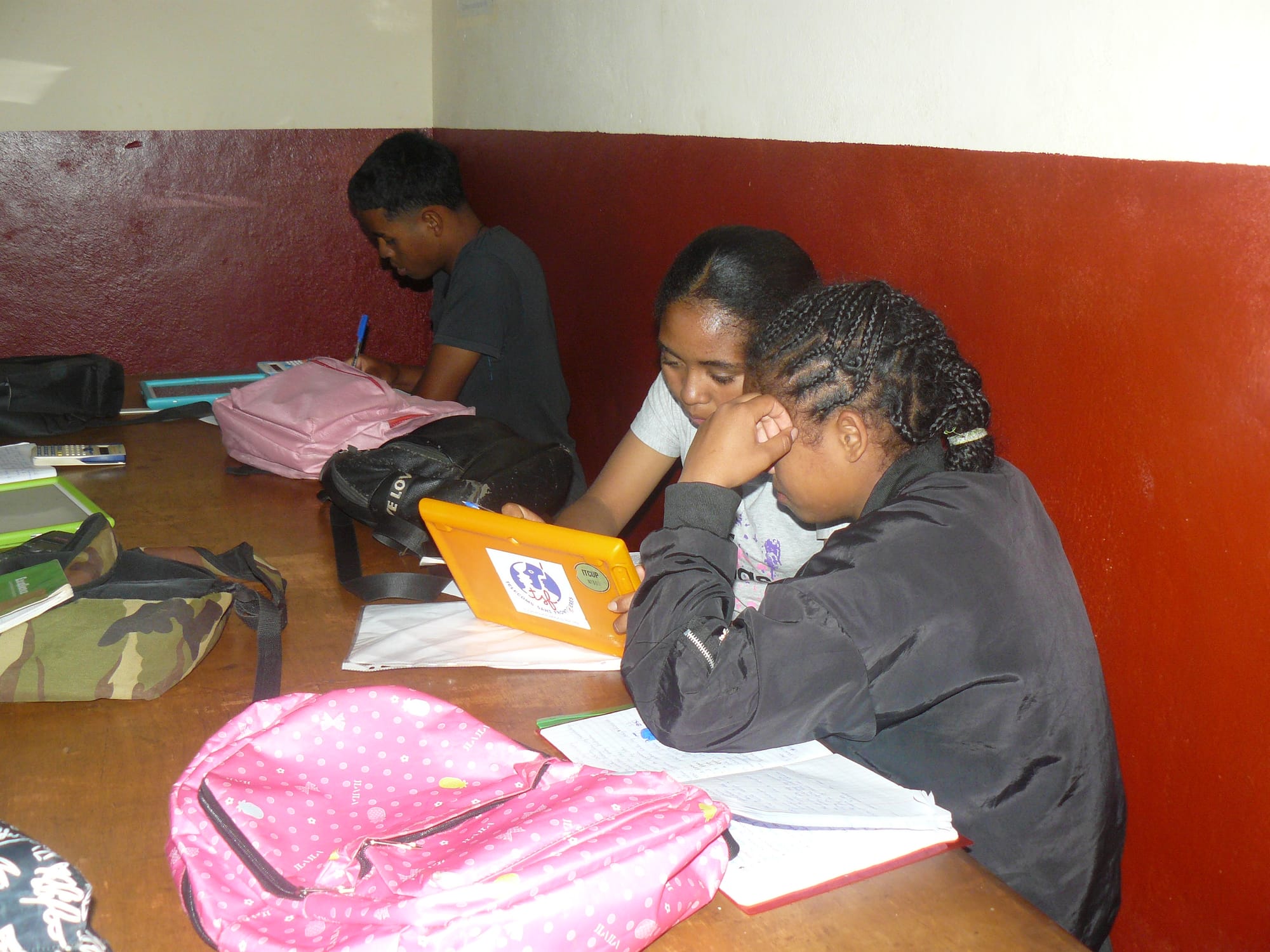
In addition to the awareness-raising work you've done, I've noticed that students are really enjoying the benefits of this activity. More and more of them are taking part in it, especially those who have difficulty understanding at school.
These students, who are often less active in class, find here a space where they can receive appropriate support. Others also come to finish their presentations, benefiting from access to digital devices and the support of teachers.
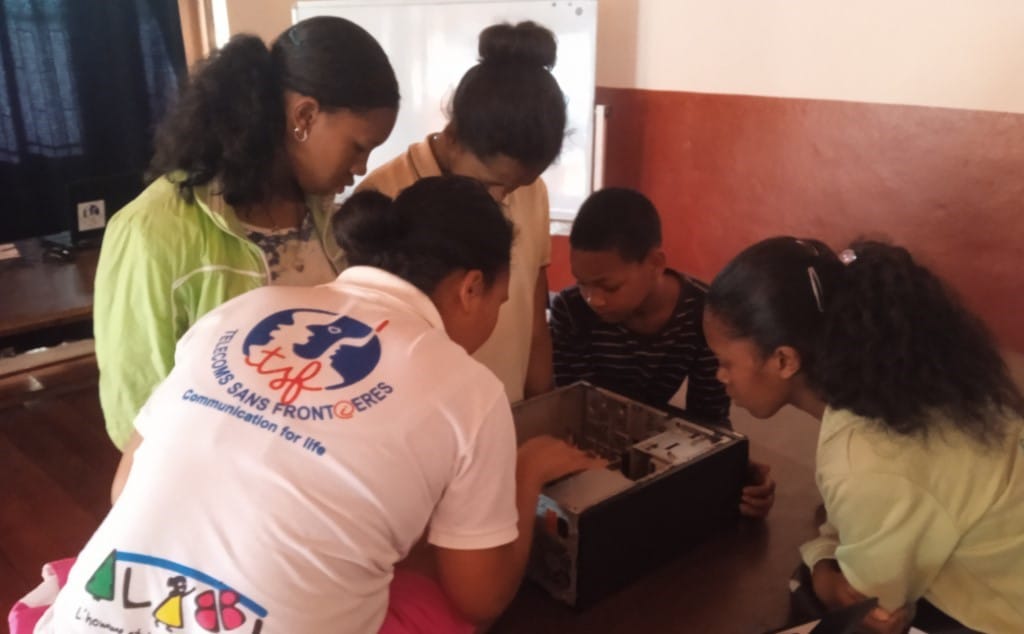
The difference between simply using the cyber to find information and taking part in school follow-up lies in the fact that we, the teachers, are there to filter information and help students find content adapted to their curricula and themes.
“[Digital tools] have had a positive impact on my teaching methods and resources as a teacher, especially as the curriculum has changed and we lack the resources to adapt to it.”
In addition to my role as a teacher, I have also experienced a development and improvement in my own knowledge and work thanks to the digital resources available when I take part in the school follow-up.
This has had a positive impact on my teaching methods and resources as a teacher, especially as the curriculum has changed and we lack the resources to adapt to it. The new series and subjects still pose difficulties, even for us teachers, as we haven't yet fully mastered them. That's why we sometimes ask students to do research to provide us with additional documents.
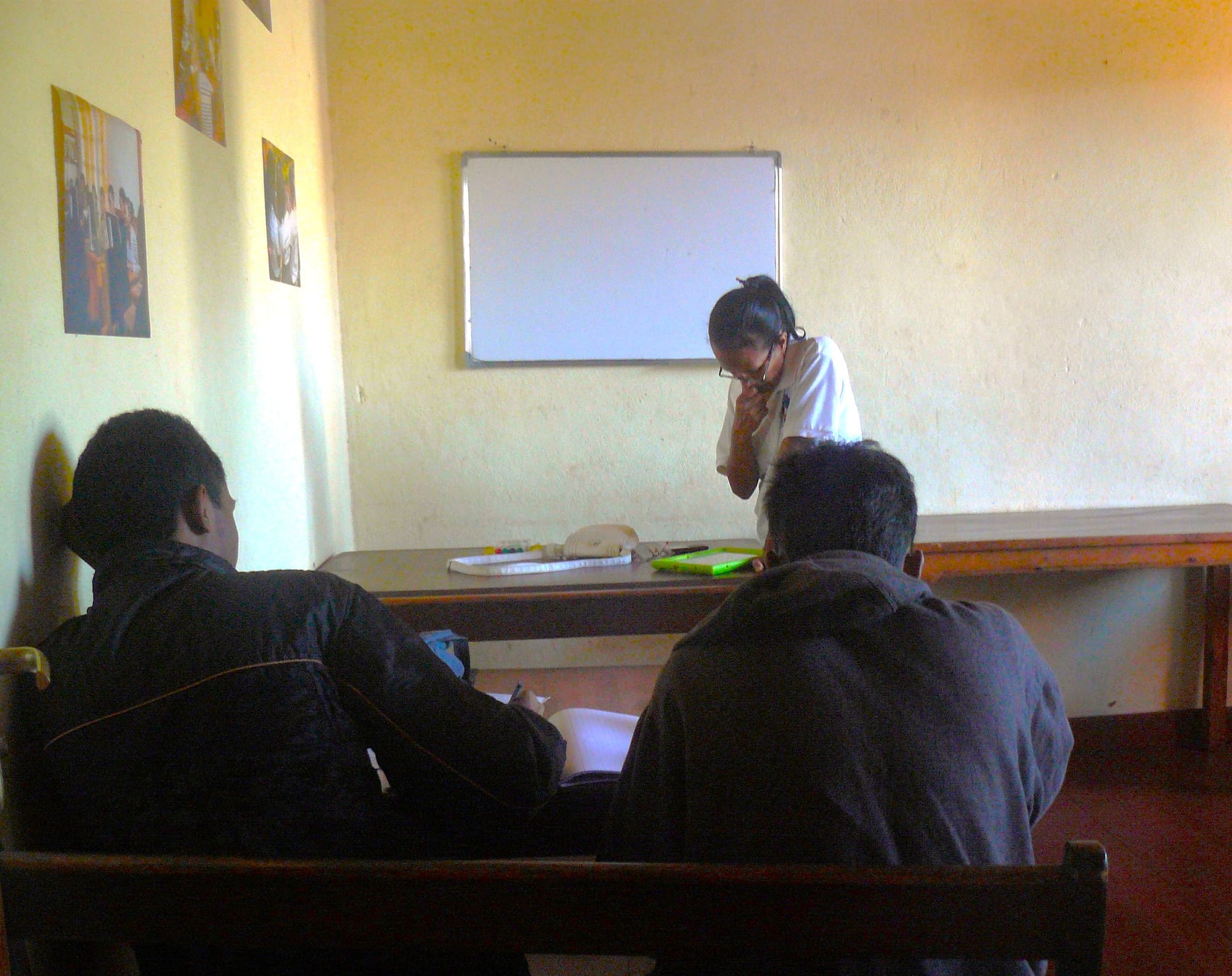
The educational aim of this research is also to prepare students for higher education, where they will have to carry out a great deal of research on their own. The existence of the ITCUP center is therefore crucial, as it enables young people, particularly those from rural backgrounds, to carry out research without having to pay for each consultation. During after-school care, they have two hours to do their research free of charge, and they can come back as many times as they like.
“Teachers, parents and students need to work together to ensure young people's success. All benefit from the existence of the ITCUP center.”
I liken it to the “three stones” that support the pot on the stove: teachers, parents and students need to work together to ensure young people's success. All benefit from the existence of the ITCUP center. Despite the challenges associated with the lack of training and resources for students, we manage to advance education and foster success at the ITCUP center."
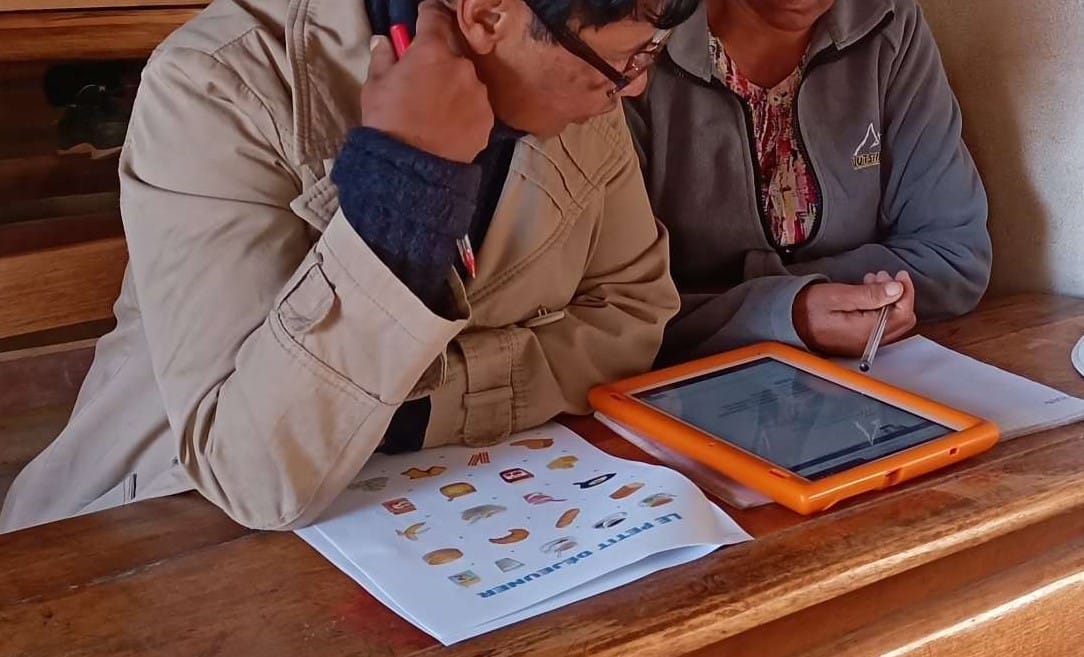
See you in two weeks!

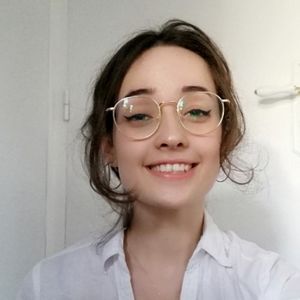
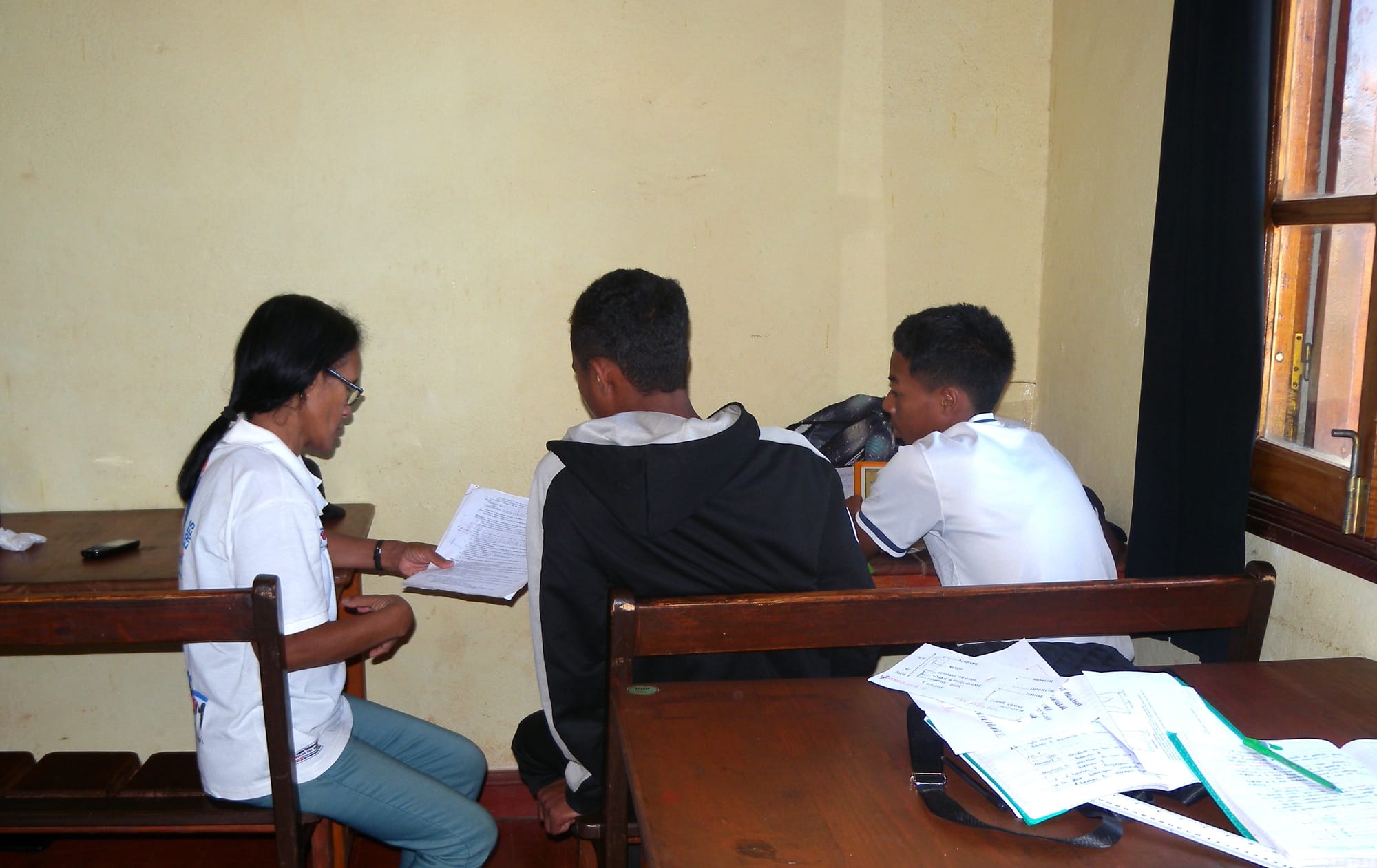



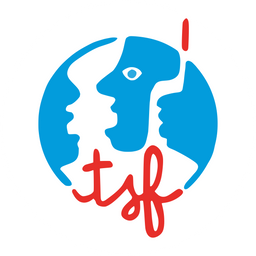
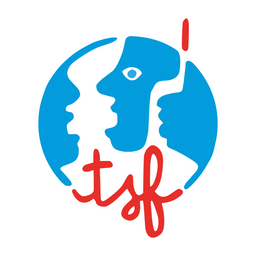
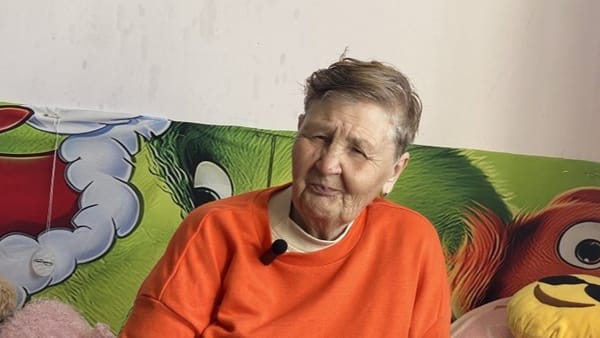
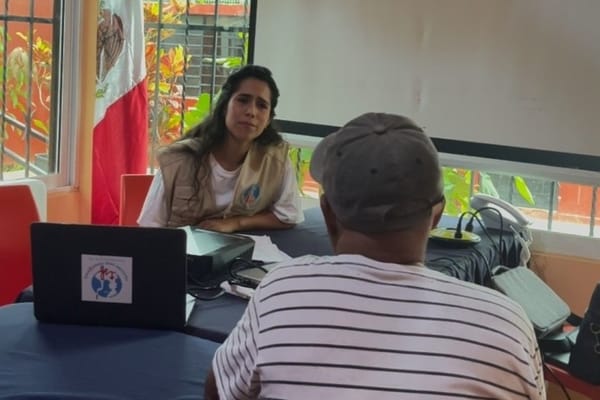

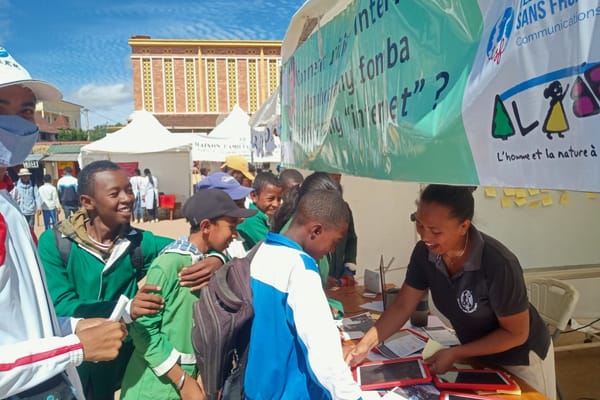
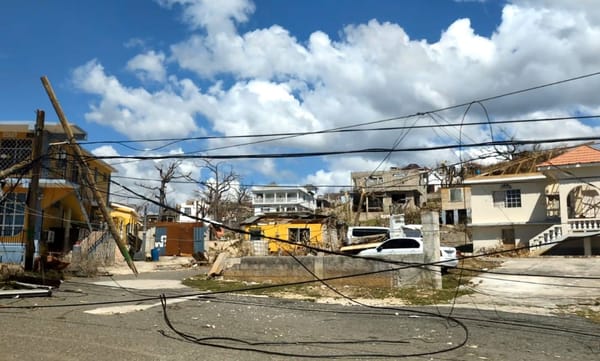
Member discussion